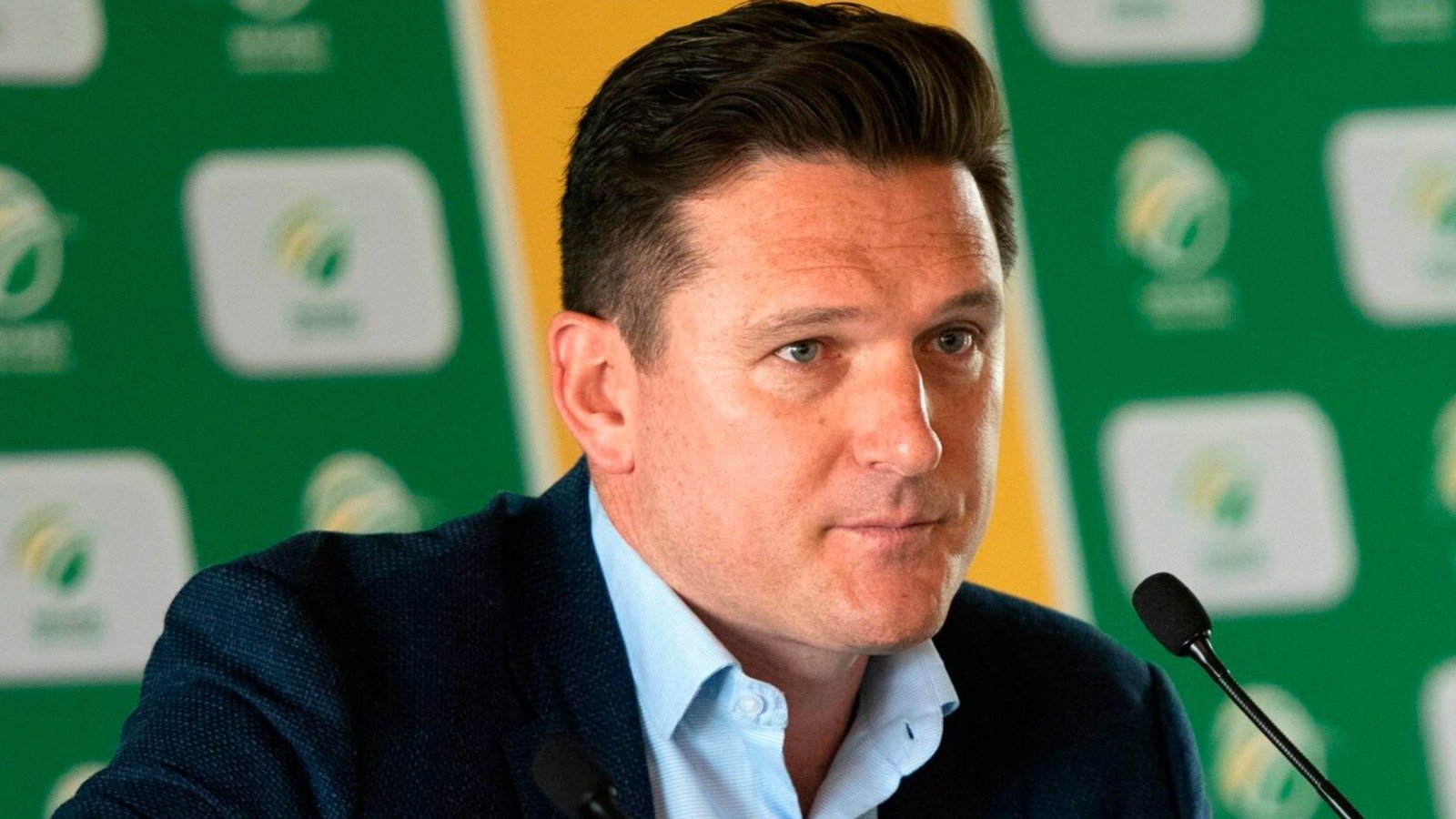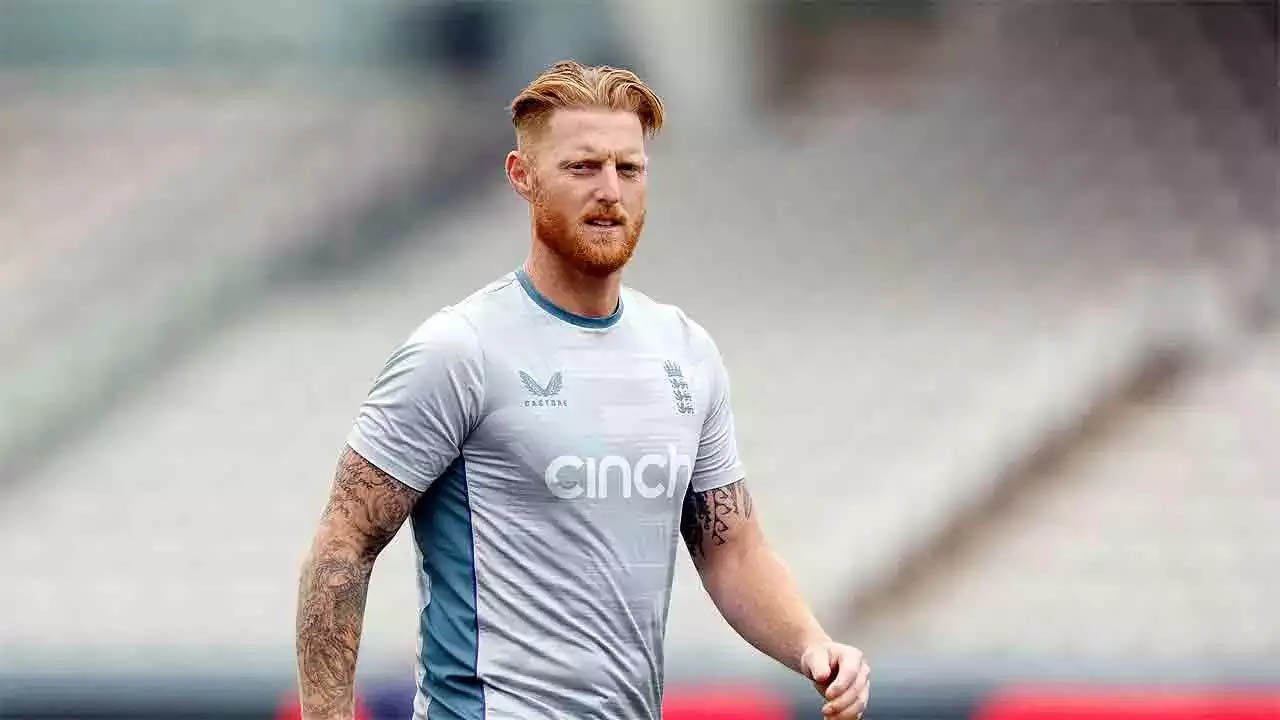New Delhi, Oct 16: (PTI) In 2007, when 20-year-old Rohit Sharma hit his first international half-century against South Africa on a bouncy Kingsmead track, everyone knew that there was a talent in town.
Even as one was appreciative of Rohit’s phenomenal talent, little did one know that a team with an average age of around 26 would conquer the world in a format that was very reluctantly accepted by its own board.
Fifteen years down the line, another Indian team is hitting the Australian shores to regain the trophy, which once completely changed the demographics of Indian cricket.
That was a team led by a new captain and no one knew what to expect of them, but as the 35-year-old Rohit gets ready to step onto the MCG, his team with an average of 30 and half would have to believe in the old adage: Winning is not everything but the only thing.
So how is this squad of 15 shaping up? The PTI takes a look at the ‘Men in Blue’.
Rohit Sharma (captain):
He has the God’s elusive gift — sinewy wrists that help him play the flick and pull with equal finesse and elan. Rohit has been a fantastic IPL captain with five titles and more than a decent leader in most of the bilateral series that the national team played under him.
The national captaincy came to him when he was pushing 35 and he will have perhaps only two ICC tourneys (this and the 23 ODI World Cup) as a leader to leave a lasting legacy. He has changed his batting style from the last World Cup and is taking the lead in powerplay overs. But marshalling the limited fast bowling resources will test his leadership in adverse conditions.
K L Rahul (vice-captain):
One of the most stylish players in contemporary times but perhaps the weakest link in India’s top-order. Rahul, a favourite of head coach Rahul Dravid, has often struggled with his strike-rate.
He does have all the shots in the book and is a prolific scorer in the IPL, but if one looks at his record across formats, Rahul hasn’t really stood up during the crucial games where the team’s fate was on the line. He has had problems against fast incoming deliveries, and how he tackles Pakistan lead pacer Shaheen Shah Afridi will set the tone for the tournament.
Virat Kohli:
He was, is and till he plays will remain the greatest threat for any opposition. The best part about Kohli is his return to form in the nick of time. The glimpses of ‘Vintage Virat’ during the Asia Cup is a warning for the opposition. However, with Kohli, one has to give him that cushion of 8-10 balls before he starts to dominate the bowlers. For that a good powerplay start will be a must.
Suryakumar Yadav:
To term a strike-rate of 176 plus, with nine fifties and one hundred in 34 games, staggering, would be an understatement. These are simply eye-popping numbers. His hundred in Nottingham against England, or his recent exploits against Australia and South Africa, give hope. No one plays the ramp shot against rising deliveries better than Surya or the whiplash ‘pick-up pull’ behind square to the deliveries on rib-cage. In the back-10, the Mumbai star is India’s X factor. The Indian fans won’t mind doing the ‘Surya Namaskar’ if everything comes off perfectly.
Hardik Pandya:
Perhaps the most important link in the team with his all-round abilities. Everyone is aware of the destruction Hardik the batter can cause, but it is Hardik the bowler, who will need to up the ante. With his ability to hit the hard lengths consistently and a very deceptive short ball in his armoury, the flamboyant Baroda man can be the surprise bowling weapon on the big Australian grounds. In batting, he will any day be a better finisher than Dinesh Karthik, with his ability to hit sixes at will.
Rishabh Pant:
A strike-rate of 127 across 62 games doesn’t do complete justice to this once-in-a-generation talent. Pant hasn’t been able to unchain himself in the T20s where he seems confused between attacking and anchoring. He has played his natural game whenever he has opened the innings with Rohit. But it doesn’t seem Dravid will be too keen on replacing Rahul at the top as the Karnataka man can’t be slotted in the middle-order in the shorter format.
In terms of talent and ability, he is way ahead of Karthik but if he isn’t opening, then the Tamil Nadu man looks a better bet on current form. But on a big day, Pant can outshine everyone.
Dinesh Karthik:
One of those eternal comeback men of Indian cricket. Save Rohit, Karthik is the only active playing member from the 2007 World T20 winning squad. He has a very specific role for him — to play 10-15 balls towards the back-end and create the maximum impact. It’s a high risk-high reward approach and there will be days when it won’t come off. An innovative shot would look like a ‘hara-kiri’. But the team trusts Karthik. He has never been great at big events but a course correction could be round the corner. Expected to start ahead of Pant in the playing XI if Rahul opens the innings.
Ravichandran Ashwin:
In this Indian team, if someone has always been a brave innovator, it is Ravichandran Ashwin. At times it has worked, and at times, it didn’t, but the ‘Cricket Scientist’, as his fans call him, has never been shy of trying something new. With Pakistan and South Africa having multiple left-handers in the set-up, Ashwin will remain in the mix being an off-spinner, but he will certainly not be a first-choice slow bowler.
Axar Patel:
In recent years, purely as a T20 left-arm spinner, Axar Patel has shown better control than Ravindra Jadeja, the man he replaced in the set-up. As a package though, he is no match for Jadeja, who is a far superior batter, and perhaps, the world’s No. 1 fielder in all positions — infield and outfield.
Yet Axar, with an economy rate of less than 7.5 and handy batting skills, will be preferred against certain opponents. Coach Dravid is big on ‘match-ups’ (one-on-one duels) and the Gujarat man might not be preferred against teams with more left-handers.
Yuzvendra Chahal:
His main problem in the last one year has been the lack of consistency. He was dropped from the T20 World Cup squad for the last edition due to a slump in form. He has blown hot and cold since his comeback. In fact, against Pakistan in the Asia Cup Super 4s, Ravi Bishnoi with his googlies looked far more in control. Ideally, he should still be the first-choice spinners, as wrist spinners normally do well Down Under.
Bhuvneshwar Kumar:
There is no denying that Bhuvneshwar Kumar is past his prime. While he is still a force to reckon with in the powerplay, Deepak Chahar, with the same skill-sets, has looked far more potent in recent times.
The bigger problem is his failure at the back-end during the Asia Cup where he consistently bowled length balls in the 19th over. His pace has also dropped a bit and his form is a cause for concern going into the tournament.
Mohammed Shami:
He hasn’t played a single T20I since the last World Cup in the UAE. It is believed that he was told by the team management that he would only play Tests and 50 over cricket because of a near-10 economy rate in T20Is. But Jasprit Bumrah’s injury changed it all. Also his performance for Gujarat Titans in the IPL, where he was superb at powerplay, gives the team hope. But the lack of game time post COVID-19 could be a major issue.
Arshdeep Singh:
One for the future and a bowler with a big heart. But he does need a lot of experience, and certainly, T20 World Cup isn’t a place for that. With the tournament starting in the last part of the Australian winter, if the Punjab man can swing it up-front, like he did in Trivandrum during the South Africa T20Is, he would be a handful. At the death, he would need back-up from his seniors, which he didn’t get in the Asia Cup. His area of concern is fielding as he is a bit sloppy on that front.
Harshal Patel:
A bowler with plenty of skills but who would always need a bit of assistance from the tracks to use his variations of slower deliveries to good effect. He has come back from a rib-cage injury, and since then, has been off the boil. On the hard and true Australian tracks, it will be difficult to predict how effective his dipping slower ones would be. May be like Mohit Sharma of 2015, Rohit could urge Harshal to use the slower ones well.
Deepak Hooda:
If one talks about strength, Deepak Hooda might face competition from only Pant in this set-up. In the limited chances that he has got, he has shown a big heart and fine temperament. But Hooda is also not a finisher but more of a top-order batter who can explode after getting set.
He bowls wicket-to-wicket and his off-breaks don’t turn much. Certainly not a first XI starter and will only be called upon if a player gets injured.












